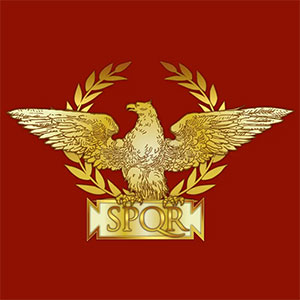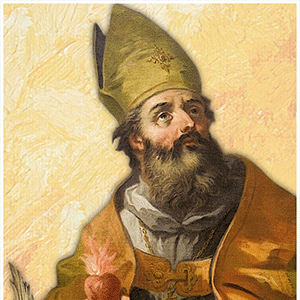D.C. |
|
|
BC70-19AD |
|
|
BC5-67AD |
|
1-100 |
POPES OF THE FIRST CENTURY
|
5-65 |
|
37-68 |
|
46-119 |
|
100-165 |
|
|
150-215 |
|
|
86-161 |
|
|
76-138 |
|
|
121-180 |
|
|
146-211 |
|
|
200-250 |
|
|
200-258 |
|
|
257-331 |
|
|

|
|
202-296 |
POPES OF THE THIRD CENTURY.
|
|
| |
THE HERETICS OF THE THIRD CENTURY.
|
303-312 |
|
272-337 |
|
331-363 |
|
|
308-401 |
THE POPES OF THE FOURTH CENTURY
|
329-390 |
|
300-400 |
|
|
310-367 |
|
329-390 |
|
340-397 |
|
329-378 |
|
347-407 |
|
342-420 |
|
354-430 |
|
401-498 |
THE POPES OF THE FIFTH CENTURY
|
373-463 |
|
|
385-439 |
|
|
389-477 |
|
|
395-453 |
|
|
450-528 |
|
|
454-526 |
|
|
485-585 |
|
|
483-577 |
|
|
498-604 |
THE POPES OF THE SIXTH CENTURY
|
521-597 |
|
|
540-604 |
|
|
534-604 |
|
|
560-636 |
|
|
634-687 |
|
|
626-449 |
|
|
660 - 720 |
|
|
675-754 |
|
|
700-778 |
|
|
724-802 |
|
|
748-814 |
|
|
763-809 |
HARUM AL-RASHID. fifth Abbasid caliph of the Abbasid Caliphate |
|
772–846 |
PO CHU I. Chinese musician, poet, and politician during the Tang dynasty |
|
806-882 |
|
|
d. 877? |
|
|
841-870 |
|
|
847-899 |
|
|
859-946 |
|
IRAQ |
908-940 |
|
|
940-991 |
|
|
971-1030 |
|
INDIA |
995-1035 |
|
DENMARK |
908-1037 |
|
|
1016-1154 |
|
|
1046-1115 |
|
ITALY |
1015–1085 |
|
|
